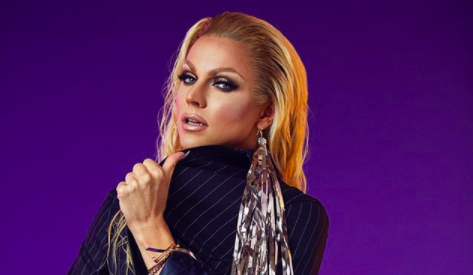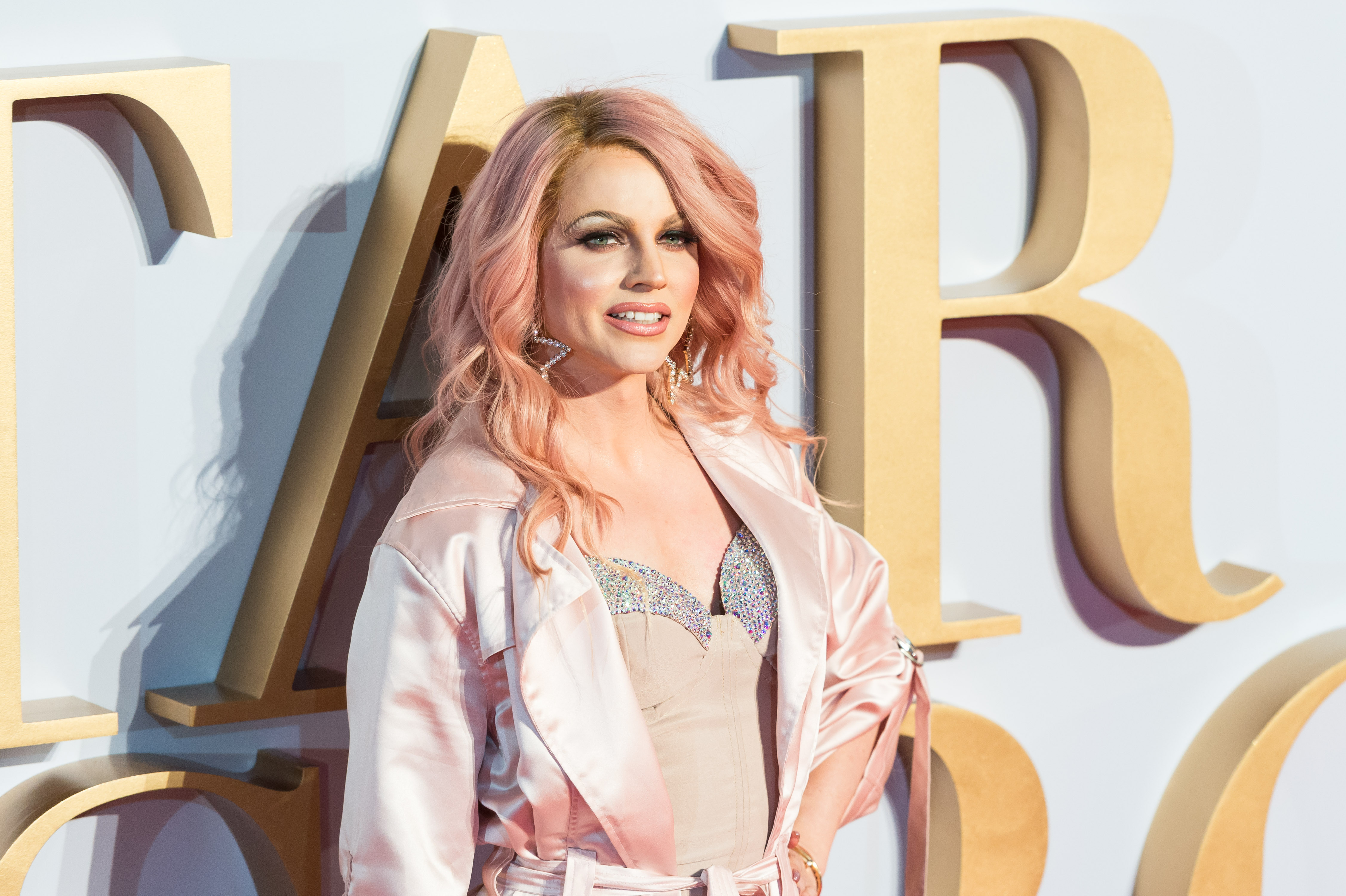Drag Race royalty Courtney Act lambasts JK Rowling for writing so poorly about trans people when ‘her tools are language’

Courtney Act had some choice words for JK Rowling (Instagram/@courtneyact)
Courtney Act came down hard on JK Rowling’s “offensive” anti-trans essay, questioning why the author wrote so poorly on the topic as “someone whose tools are language”.
The drag queen and Celebrity Big Brother winner identifies as pansexual and has previously credited the trans rights movement for bringing greater understanding on the subject of sex and gender.
In an interview with BANG Showbiz, she reflected on the impact Rowling’s latest “transphobic” comments have had on the LGBT+ community.
“It’s just offensive really. She claims to be understanding of the trans experience, yet she speaks about it so poorly for someone whose tools are language,” she said.
The star drew on her own journey coming to terms with her queer identity to explain how important mainstream acceptance is for young people.
“I understand how much of a struggle it has been throughout my life to feel comfortable with who I am and I know how much of that came from the mainstream acceptance and the mainstream visibility of queer identities.
“So in some ways, I try and imagine what it must be like for the trans community and someone as iconic as JK Rowling.”
She said that Rowling’s comments were “hurtful and unnecessary” for many of her fans to read, and suggested that she should instead be looking at ways to support and lift people up.
“Especially during Pride month, like, read the room,” she added.
“I think we should be focusing our attention on the injustices that become trans people, the violence rates, the life expectancy is so much lower, especially trans people of colour.
“This is not acceptable. We should be thinking how we can problem solve and help and … I think punching down like that is really unnecessary.”
Courtney Act went on to suggest that Rowling “almost argues against some feminist ideals” in her original remarks about ‘menstruating women’, as she overlooked women who are younger or older than menstruating age.
“I don’t think the trans movement [is] saying ‘we are cis women, we are the same as women assigned female at birth,'” she said.
“Trans women have a different experience to cis women… they are two different experiences.”


